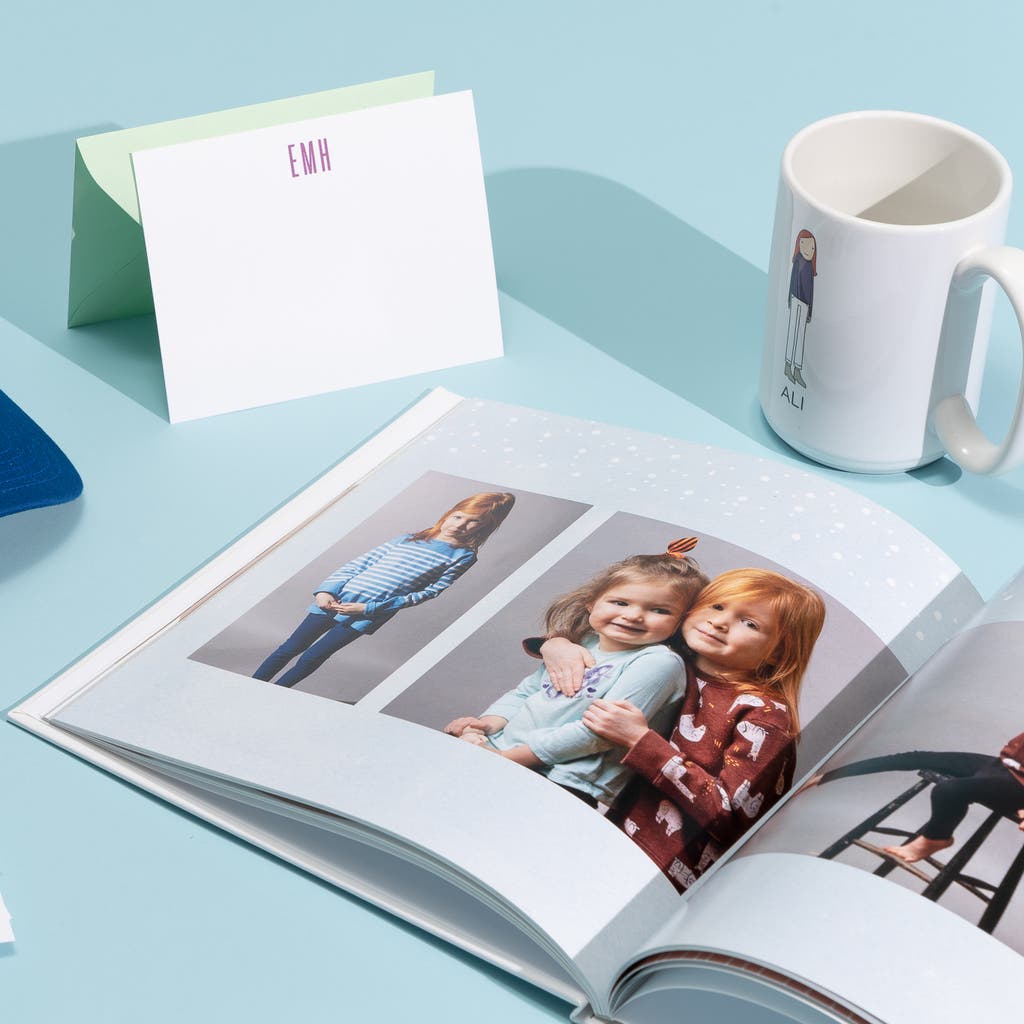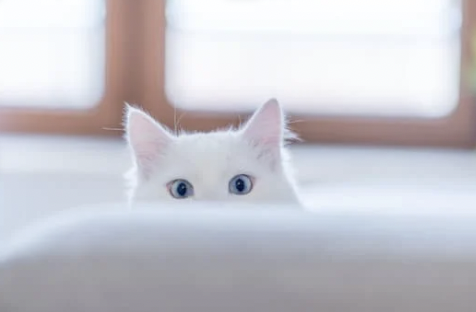Gift-giving should be one of life’s greatest pleasures, a chance to show someone you care while bringing joy to their day. Yet despite our best intentions, many of us unknowingly commit gifting mistakes that can turn this beautiful gesture into an awkward exchange or missed opportunity. Whether it’s a birthday surprise that falls flat, a holiday present that gets returned, or a well-meaning gesture that somehow misses the mark, these gifting mistakes are more common than you might think.
The art of giving the perfect gift isn’t just about spending money or finding something unique. It requires understanding, empathy, and a willingness to step outside your own preferences to truly consider what would bring joy to another person. Unfortunately, research in consumer psychology reveals that even the most thoughtful people regularly make predictable gifting mistakes that undermine their generous intentions.
Understanding these common pitfalls can transform you from someone who gives adequate gifts to someone who consistently delights recipients with thoughtful, meaningful presents. By recognizing and avoiding these three major gifting mistakes, you’ll not only save money and reduce stress but also strengthen your relationships through more meaningful gift exchanges.
The Psychology Behind Gifting Mistakes
Before diving into specific gifting mistakes, it’s important to understand why even well-intentioned people struggle with gift selection. Consumer psychology research reveals that gift-givers and gift-receivers often have fundamentally different perspectives on what makes a good present. While givers focus on the moment of surprise and the symbolic meaning of their gesture, recipients are more concerned with the practical value and long-term usefulness of the gift.
This disconnect creates a perfect storm for gifting mistakes. When we shop for others, we’re often projecting our own desires, imagining how we would feel receiving the gift, or getting caught up in the excitement of finding something “perfect.” Meanwhile, the recipient may have entirely different needs, preferences, or circumstances that we haven’t fully considered.
Research from Carnegie Mellon University shows that gift-givers consistently overvalue surprise and uniqueness while undervaluing practicality and recipient preferences. This fundamental misalignment leads to many of the most common gifting mistakes, where presents that seem thoughtful to the giver feel irrelevant or burdensome to the receiver.
Gifting Mistake #1: Choosing Gifts Based on Your Own Preferences
The most pervasive of all gifting mistakes is selecting presents based on what you would want to receive rather than what the recipient would actually appreciate. This error is so common that psychologists have identified it as a primary source of gift-giving failures across all demographics and relationships.
When you choose a gift because you think it’s beautiful, useful, or interesting, you’re making the classic mistake of assuming your taste aligns with the recipient’s preferences. This might manifest as buying someone a book in a genre you love but they never read, selecting clothing in colors you find attractive but they never wear, or choosing gadgets that fascinate you but don’t match their lifestyle.
The root of this gifting mistake lies in what psychologists call “projection bias” – our tendency to assume others share our preferences, needs, and desires. When shopping for gifts, we naturally gravitate toward items that appeal to us, unconsciously filtering options through our own lens of what constitutes a good present.
Consider the common scenario of buying someone a scented candle because you love how your home smells with candles burning. This seems like a thoughtful gift until you realize the recipient might have allergies, prefer unscented environments, or simply never use candles. What felt like a perfect choice to you becomes a gifting mistake because it was based on your preferences rather than theirs.
To avoid this gifting mistake, start by honestly assessing what you know about the recipient’s actual preferences. Do they frequently mention wanting certain items? Have you noticed what they use, wear, or display in their home? Pay attention to their lifestyle, hobbies, and the choices they make in their daily life rather than assuming they share your tastes.
One effective strategy is to think about gifts the recipient has mentioned appreciating in the past. If they’ve ever commented positively about a specific brand, type of product, or experience, that’s valuable information that can guide you away from this common gifting mistake. Similarly, notice what they don’t use or seem to avoid – these are equally important clues for successful gift selection.
For practical gift ideas that avoid this mistake, consider items from Amazon’s Most Wished For lists in categories that match the recipient’s interests, or Target’s trending gift guides that reflect current popular preferences rather than your personal taste.
Gifting Mistake #2: Prioritizing the “Wow Factor” Over Practicality
The second major gifting mistake involves becoming so focused on creating a dramatic moment of surprise that you lose sight of whether the gift will actually be useful or appreciated long-term. This error is particularly common during major gift-giving occasions like holidays, birthdays, or anniversaries, when the pressure to impress can override practical considerations.
Gift-givers often fall into this trap because they imagine the recipient’s reaction at the moment of unwrapping. They envision gasps of delight, expressions of amazement, and the satisfaction of having given something truly unexpected. However, research shows that while recipients do appreciate thoughtful surprises, they value practical utility far more than givers typically realize.
This gifting mistake manifests in several ways. You might choose an expensive, elaborate gift that looks impressive but doesn’t match the recipient’s actual needs. Or you might select something highly unusual or unique that creates a great unwrapping moment but has limited practical value. Sometimes this mistake involves giving experiential gifts that sound exciting but don’t align with the recipient’s schedule, interests, or comfort level.
The problem with prioritizing wow factor is that the initial excitement of receiving an impressive gift quickly fades if the item doesn’t integrate well into the recipient’s life. A stunning piece of art might create a wonderful surprise moment, but if it doesn’t match their décor style or they have no wall space, it becomes a burden rather than a blessing. Similarly, an expensive gadget might seem impressive, but if it’s too complicated to use or doesn’t solve a real problem, the wow factor quickly turns into frustration.
Consumer psychology research reveals that recipients consistently rate practical gifts higher than givers expect, while rating surprising or unique gifts lower than givers anticipate. This suggests that our instinct to prioritize surprise over utility is one of the most counterproductive gifting mistakes we can make.
To avoid this gifting mistake, shift your focus from “What will create the biggest surprise?” to “What will genuinely improve this person’s life?” Consider gifts that solve problems, enhance daily routines, or support existing hobbies and interests. These might not create dramatic unwrapping moments, but they’ll be appreciated and used long after the initial excitement fades.
Practical gifts that avoid this mistake include high-quality versions of items people use regularly, such as premium coffee for coffee lovers, luxury bedding for better sleep, or professional-grade tools for hobbyists. These gifts might not surprise, but they demonstrate genuine understanding of the recipient’s needs and preferences.
Gifting Mistake #3: Ignoring the Recipient’s Actual Needs and Wants
The third critical gifting mistake involves failing to pay attention to the signals recipients give about what they actually want or need. This error often occurs when gift-givers become so focused on their own gift-giving agenda that they miss or dismiss clear indicators of the recipient’s preferences.
This gifting mistake is particularly problematic because recipients often provide explicit or implicit guidance about their gift preferences, but givers either don’t notice these signals or choose to ignore them in favor of their own ideas. Someone might mention needing new workout clothes, create a wish list for a special occasion, or repeatedly talk about wanting to try a particular restaurant, but the gift-giver decides to surprise them with something completely different instead.

The psychology behind this gifting mistake often involves the giver’s desire to be creative or original rather than simply responsive to expressed needs. There’s a common misconception that following someone’s stated preferences is somehow less thoughtful than surprising them with something unexpected. In reality, the opposite is true – paying attention to what someone actually wants demonstrates genuine care and consideration.
This mistake also occurs when gift-givers assume they know better than the recipient what would be good for them. This might involve giving self-improvement gifts like exercise equipment to someone who hasn’t expressed interest in fitness, or choosing educational books for someone who prefers entertainment reading. While these gifts might come from a place of caring, they can feel judgmental or presumptuous to the recipient.
Registry systems exist specifically to help avoid this gifting mistake, yet many people feel that choosing something from a registry is impersonal or uncreative. This perspective misses the point entirely – registries represent the recipient’s carefully considered preferences, making them one of the most reliable guides for successful gift-giving.
To avoid this gifting mistake, become an active listener in your relationships. Pay attention when people mention things they need, want, or are interested in trying. Keep notes if necessary, especially as gift-giving occasions approach. If someone has created a registry or wish list, view it as valuable guidance rather than a limitation on your creativity.
When in doubt, don’t be afraid to ask directly about preferences. Many people appreciate being consulted about gifts, especially for larger purchases or special occasions. You can maintain some element of surprise by asking about categories or preferences rather than specific items.
For gifts that respond to actual needs, consider practical items like organizational solutions for busy people, subscription services for stated interests, or gift cards to favorite stores that allow recipients to choose exactly what they want.
How to Avoid These Gifting Mistakes
Recognizing these common gifting mistakes is only the first step toward becoming a better gift-giver. The key to avoiding these pitfalls lies in developing a more recipient-centered approach to gift selection that prioritizes their needs, preferences, and circumstances over your own desires to surprise or impress.
Start by shifting your mindset from “What would make a good gift?” to “What would make this specific person’s life better or more enjoyable?” This subtle change in perspective can help you avoid all three major gifting mistakes by keeping the focus on the recipient rather than on your own gift-giving performance.

Develop better observation skills by paying attention to the recipient’s lifestyle, preferences, and expressed needs throughout the year, not just when gift-giving occasions approach. Notice what they use, wear, eat, read, or talk about with enthusiasm. These observations provide valuable data for avoiding gifting mistakes and selecting presents that truly resonate.
Create a system for tracking gift ideas throughout the year. When someone mentions wanting something, needing to replace an item, or expressing interest in trying something new, make a note of it. This approach helps you avoid the last-minute scrambling that often leads to gifting mistakes.
Consider the recipient’s current life circumstances when selecting gifts. Someone who just moved might appreciate practical household items, while someone going through a stressful period might prefer comfort or relaxation-focused gifts. A new parent has different needs than a recent retiree, and acknowledging these life stages helps avoid gifting mistakes.
For those looking to elevate their gift-giving skills and avoid common gifting mistakes, consider making.a profile on Pick it Perfect, which specializes in helping people find thoughtful, well-chosen presents that truly match recipients’ preferences and needs.
The Cost of Gifting Mistakes
Understanding the real impact of gifting mistakes can provide additional motivation for improving your gift-giving approach. Beyond the immediate disappointment of a gift that misses the mark, these errors can have lasting effects on relationships and personal finances.
From a financial perspective, gifting mistakes represent wasted money that could have been spent on something the recipient would actually appreciate and use. When gifts go unused, get returned, or end up donated, the money spent provides no lasting value to either the giver or receiver. This waste is particularly problematic during expensive gift-giving seasons when budgets are already stretched.
Emotionally, gifting mistakes can create awkwardness and disappointment that affects relationships. Recipients may feel obligated to express enthusiasm for gifts they don’t actually want, leading to uncomfortable social situations. Givers may feel hurt or confused when their carefully chosen gifts aren’t received with the enthusiasm they expected.
Repeated gifting mistakes can also reinforce negative patterns in relationships. If someone consistently receives gifts that don’t match their preferences, they may begin to feel that the giver doesn’t really know or understand them. This can create distance and resentment over time, particularly in close relationships where thoughtful gift-giving is expected.
Building Better Gift-Giving Habits
Avoiding gifting mistakes requires developing new habits and approaches to gift selection that prioritize recipient satisfaction over giver satisfaction. This shift might feel uncomfortable initially, especially if you’ve always prided yourself on creative or surprising gift choices, but the results will strengthen your relationships and reduce gift-giving stress.
Start by asking better questions when considering potential gifts. Instead of “Do I think this is nice?” ask “Would this person actually use this?” Instead of “Will this surprise them?” ask “Does this match their stated preferences?” These simple question shifts can help you avoid the most common gifting mistakes.
Develop a deeper understanding of the people in your life by engaging in conversations about their interests, needs, and preferences throughout the year. This ongoing attention to their lives provides the foundation for avoiding gifting mistakes and selecting presents that truly resonate.
Consider practical gifts that enhance daily life rather than decorative items that might not match personal taste. High-quality versions of everyday items, tools that support existing hobbies, or services that save time and effort often make better gifts than unique or surprising items that may not be useful.
Some excellent practical gift options include premium kitchen appliances for cooking enthusiasts, high-quality luggage for frequent travelers, professional organizers for busy professionals, or subscription boxes for specific interests.
Conclusion
Avoiding these three major gifting mistakes – choosing gifts based on your own preferences, prioritizing wow factor over practicality, and ignoring recipient needs – can transform your gift-giving from a source of stress into a genuine expression of care and understanding. The goal isn’t to become a perfect gift-giver overnight, but rather to develop a more thoughtful, recipient-centered approach that consistently delivers meaningful presents.
Remember that the best gifts aren’t necessarily the most expensive, unique, or surprising ones. They’re the gifts that demonstrate genuine understanding of the recipient’s life, needs, and preferences. By avoiding these common gifting mistakes and focusing on what would truly benefit the person you’re shopping for, you’ll not only give better gifts but also strengthen your relationships through more meaningful exchanges.
The next time you’re selecting a gift, take a moment to consider whether you might be falling into any of these gifting mistake patterns. Ask yourself whether your choice reflects the recipient’s actual preferences or your own, whether you’re prioritizing surprise over usefulness, and whether you’re paying attention to what they’ve actually expressed wanting or needing. This simple self-check can help you avoid gifting mistakes and ensure your generous intentions translate into gifts that are truly appreciated and valued.




